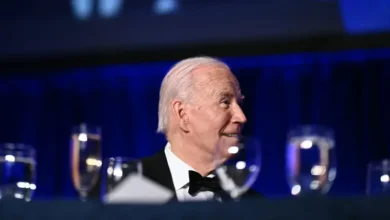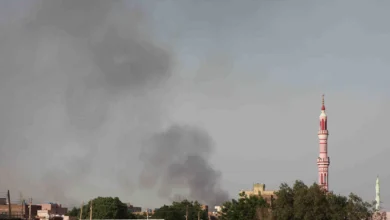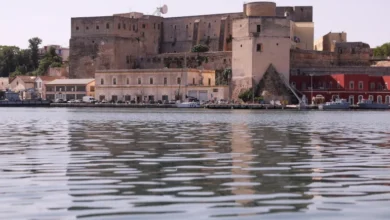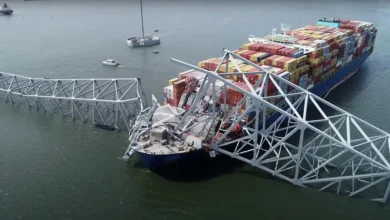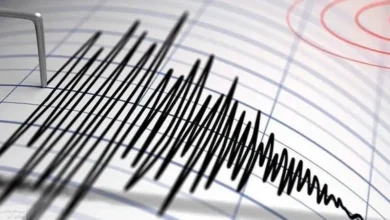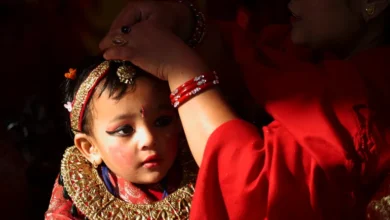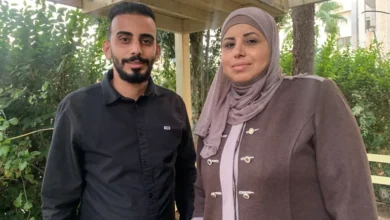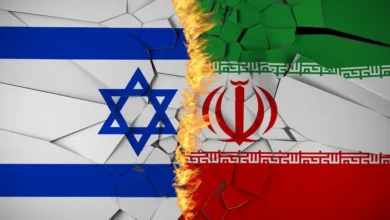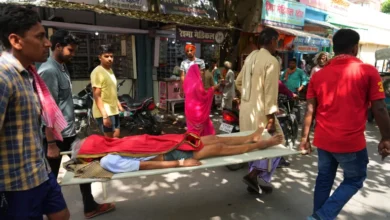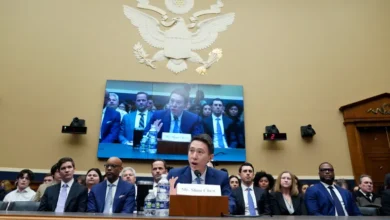‘Now isn’t the time’: Israel’s left conflicted on future after Hamas attack
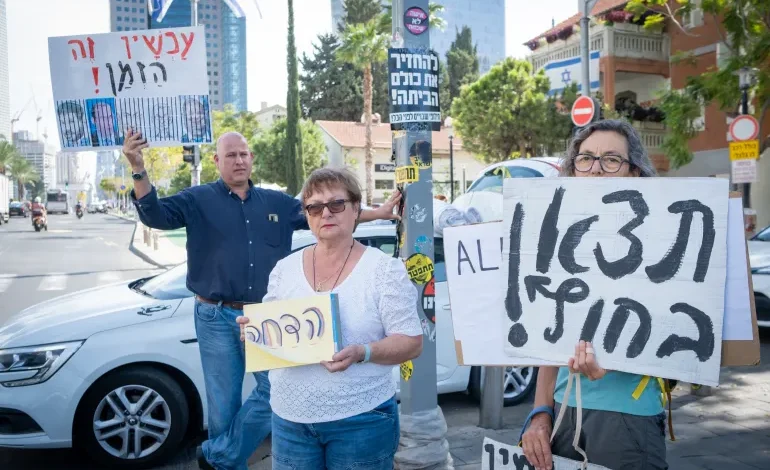
Danielle*, a soft-spoken 22-year-old, walks past a series of high-rise apartment blocks in Ashkelon, a city on Israel’s southern coast. The sounds of explosions in the nearby Gaza Strip echo across the nearly deserted city.
A self-described leftie, Danielle says the events of October 7, when Hamas broke out of the Gaza Strip and killed 1,400 people in surprise attacks of southern Israel, have challenged her political views.
“I think that after that Saturday, people who believed in peace do not believe in it anymore. It became personal. They [Hamas] came into the kibbutz, and they were just massacring people.”
She says many of her politically left-leaning friends have also changed their views. Before October 7, she says there was a will to understand the perspective of people in Gaza who supported Hamas but now that has gone.
“Before, I think the left really believed in peace, and we need to look at their side – they’re just doing it because they are poor. But I think at the end of the day, I am paying taxes for Gaza’s electricity and water, but Hamas is just taking that money and investing it in rockets instead of education.”
The events of October 7 have deeply affected Israeli society. The country is embracing a wave of nationalism as the military conducts a military campaign in Gaza.
More than a month after the Hamas attacks, Israeli flags hang from almost every street lamp on Israel’s motorway network, and the government espouses a near-constant stream of jingoist sabre-rattling.
This atmosphere has resulted in many people on the left, who have seen their views shift to the right, now wrestling with an internal conflict as they reflect on where they stand in an unexpected and emotionally charged period in which traditional political divisions have, at least temporarily, fallen away.
An ’emotional response’ from the left
A raucous group of left-wing protesters hold up placards emblazoned with anti-government slogans on Eliezer Kaplan Street, a bustling thoroughfare in central Tel Aviv.
One contains an illustration depicting a red, bloodied handprint over the image of Prime Minister Benjamin Netanyahu.
Ohad Gur, a tall, 50-year-old engineer, tells Al Jazeera that he has not changed his views since October 7: “I am left-wing, so I do think we need to release all the prisoners, get into negotiations right now, don’t go into the Gaza Strip.”
He puts this move down to an “emotional response” at a time when a strong military operation might feel logical but is a reaction that he believes “will pass away little by little”.
About 100 metres [110 yards] from the anti-government protest stands a row of white tarpaulin tents covered in posters containing images of Israelis kidnapped by Hamas on October 7 and now being held captive in Gaza.
Family members of the captives
“There is a thin border between defending yourself and revenge, and I cannot count on this government knowing this border because revenge will lead to another revenge.”
Gai says although it is a traumatic period for Israelis, he doesn’t want to get caught up in the nationalistic fervour. “As I see it, there was something very extreme and shocking and painful and hurtful done by those people of Hamas. Then the question is, how do we respond to it?” Taking a long pause, he continues: “My response is I want to act differently, not to get into this vicious circle they invite me [into].”
In a trendy, cavernous cafe in occupied East Jerusalem, Dennis* tells Al Jazeera that he has seen many people traditionally on the far left who have recently said things that appear out of character but he chooses to ignore them because he believes they are driven by “rage” and “emotion” after the Hamas attacks.
He says although he has also been deeply affected by October 7 and wishes “Hamas would disappear from the earth”, he does not support a “massive military army operation in Gaza”. It is a view that he says could make him the target of right-wingers, so instead, he chooses to “focus less on politics and more on escapism”.
mingle with members of the public who have come to show support. Messages scribbled on placards show solidarity with the families of the October 7 victims. Yellow ribbons, a symbol for those seeking the release of Israeli captives that first appeared in 2008 in support of Israeli soldier Gilad Shalit, who was captured and taken to the Gaza Strip by Hamas in 2006, are handed out to passers-by.
Talia Keinan, a 45-year-old artist, and Gai Sherf, a 46-year-old musician, sit on plastic chairs in the shade, having come to mourn the death of their mutual friend’s parents who died on October 7. Their friend’s brother was taken to Gaza, but they have not received information about whether he is dead or alive.
Talia says many of her friends who were left wing have become more “patriotic” since October 7. She says it is an emotional response, also driven by fear, when people feel the need “to defend themselves”.
Nadav Hakham, a 27-year-old consultant who says his political views are more right of centre and spoke to Al Jazeera over the phone, says there is a feeling in Israel that there is “an existential threat”. He says this mood has caused the political spectrum to unify around common defence goals – at least temporarily.
He says he had many friends from the “deep left” with whom he had many arguments before who were deeply shocked by the events of October 7 but feel “the progressive world” is now “betraying them” by criticising Israel’s response.
Nadav Hakham, a 27-year-old consultant who says his political views are more right of centre and spoke to Al Jazeera over the phone, says there is a feeling in Israel that there is “an existential threat”. He says this mood has caused the political spectrum to unify around common defence goals – at least temporarily.
He says he had many friends from the “deep left” with whom he had many arguments before who were deeply shocked by the events of October 7 but feel “the progressive world” is now “betraying them” by criticising Israel’s response.
